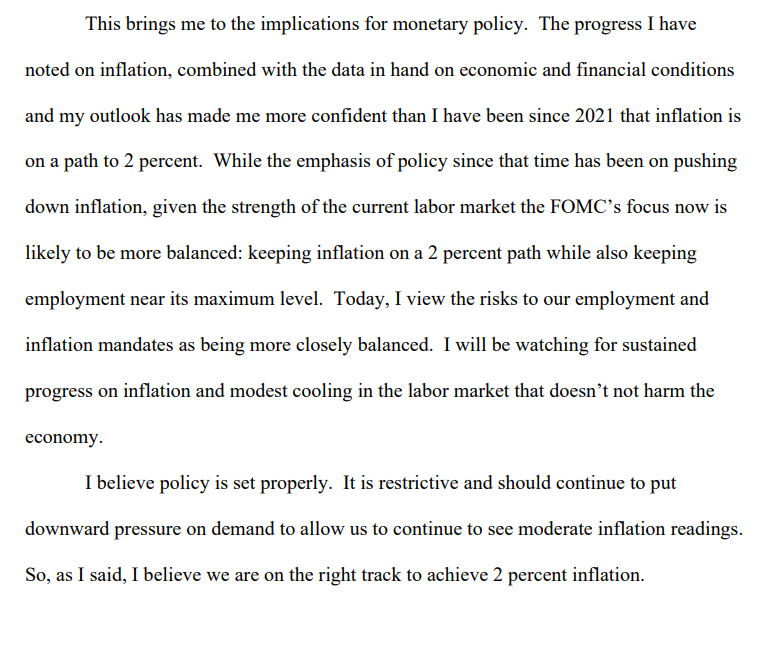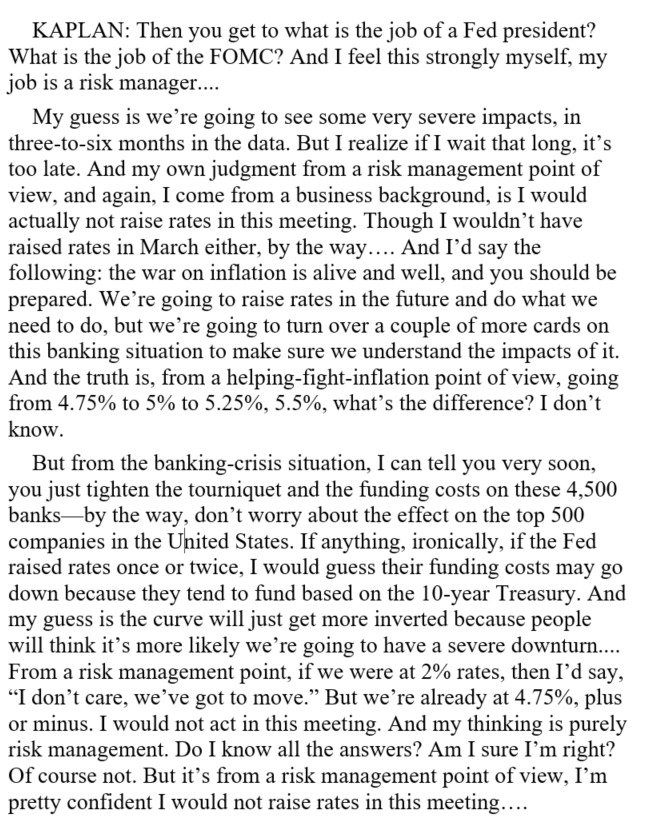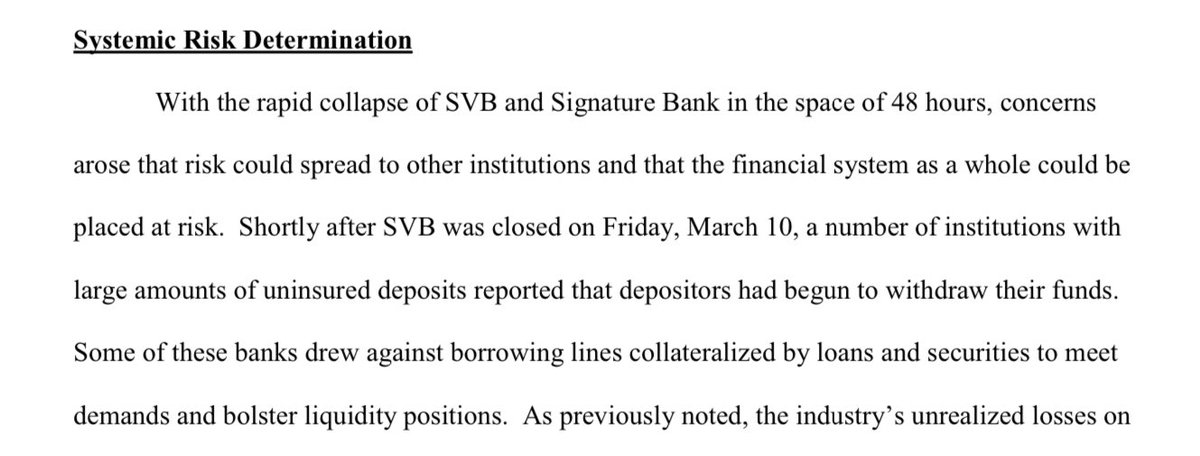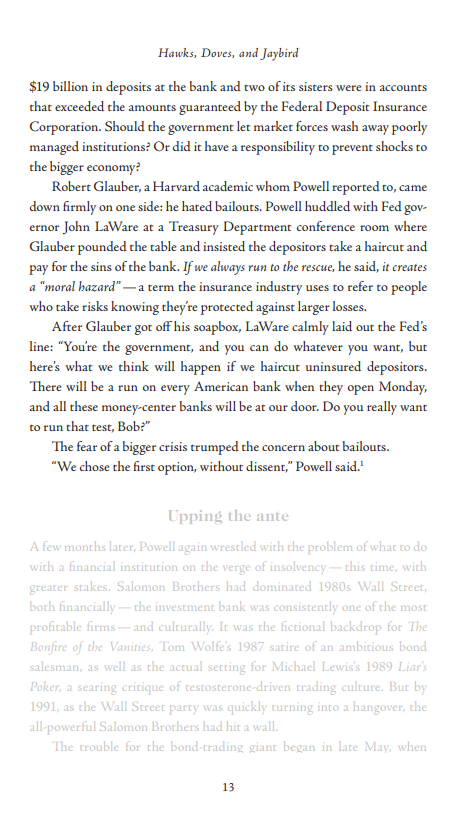
Chief economics correspondent, The Wall Street Journal • Author, "Trillion Dollar Triage”
15 subscribers
How to get URL link on X (Twitter) App


 The index of aggregate weekly payrolls is a good monthly proxy for nominal income growth and correlates well with nominal GDP growth.
The index of aggregate weekly payrolls is a good monthly proxy for nominal income growth and correlates well with nominal GDP growth. 

 What about core nonhousing services, the bucket Powell called out at the end of '22, when the Fed was still worried about too-high wages?
What about core nonhousing services, the bucket Powell called out at the end of '22, when the Fed was still worried about too-high wages? 





 Total compensation for all private-industry workers held steady in Q4, rising 3.6% from a year earlier.
Total compensation for all private-industry workers held steady in Q4, rising 3.6% from a year earlier. 


https://twitter.com/NickTimiraos/status/1842180602944012662
 The unemployment rate dropped back to 4.1% (to the second decimal-stans out there, 4.05%) back to where it was in June, before the July report that triggered the Sahm rule and increased alarm about labor-market softness.
The unemployment rate dropped back to 4.1% (to the second decimal-stans out there, 4.05%) back to where it was in June, before the July report that triggered the Sahm rule and increased alarm about labor-market softness. 




 The ECI is seen inside the Fed as the highest-quality measure of compensation growth
The ECI is seen inside the Fed as the highest-quality measure of compensation growth







 This is a clear pivot from Waller: “From now on, the setting of policy needs to proceed with more caution to avoid over-tightening”
This is a clear pivot from Waller: “From now on, the setting of policy needs to proceed with more caution to avoid over-tightening”




 For the week ending March 15, small banks saw deposit outflows of $196 billion, up from the initially reported -$120 billion
For the week ending March 15, small banks saw deposit outflows of $196 billion, up from the initially reported -$120 billion

 Gruenberg: The ten largest deposit accounts at SVB held $13.3 billion in the aggregate.
Gruenberg: The ten largest deposit accounts at SVB held $13.3 billion in the aggregate.


 Fed governor John LaWare argued for saving depositors, opposing Powell’s boss.
Fed governor John LaWare argued for saving depositors, opposing Powell’s boss.